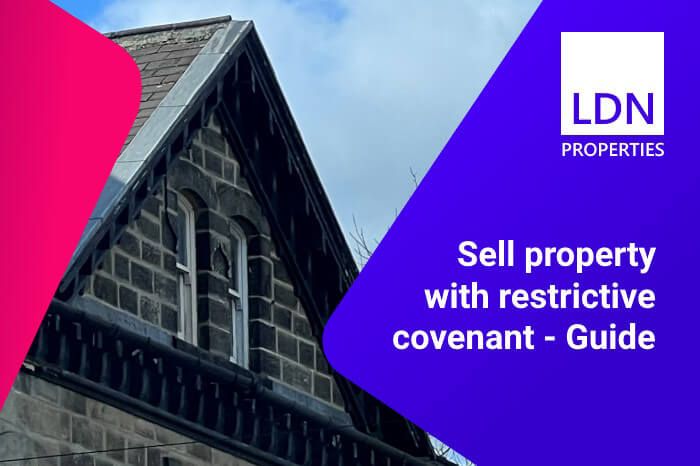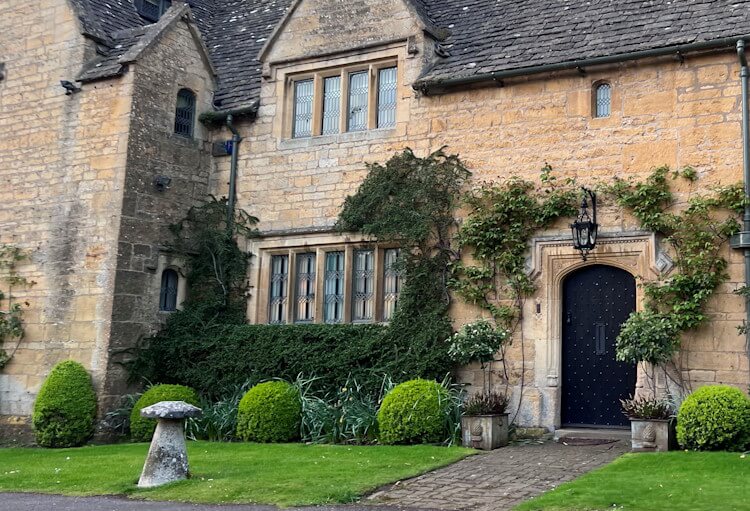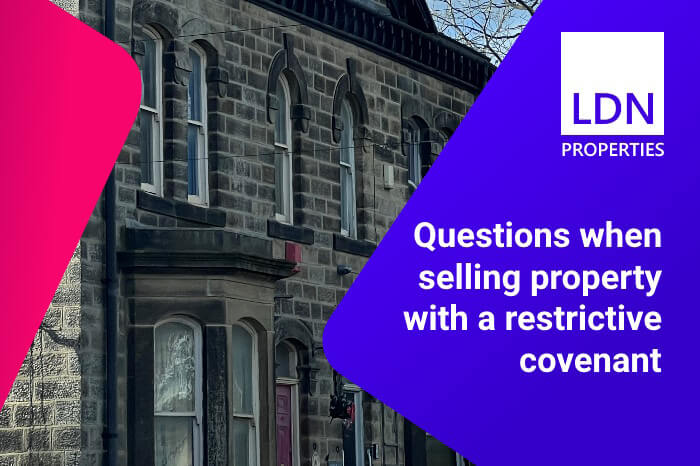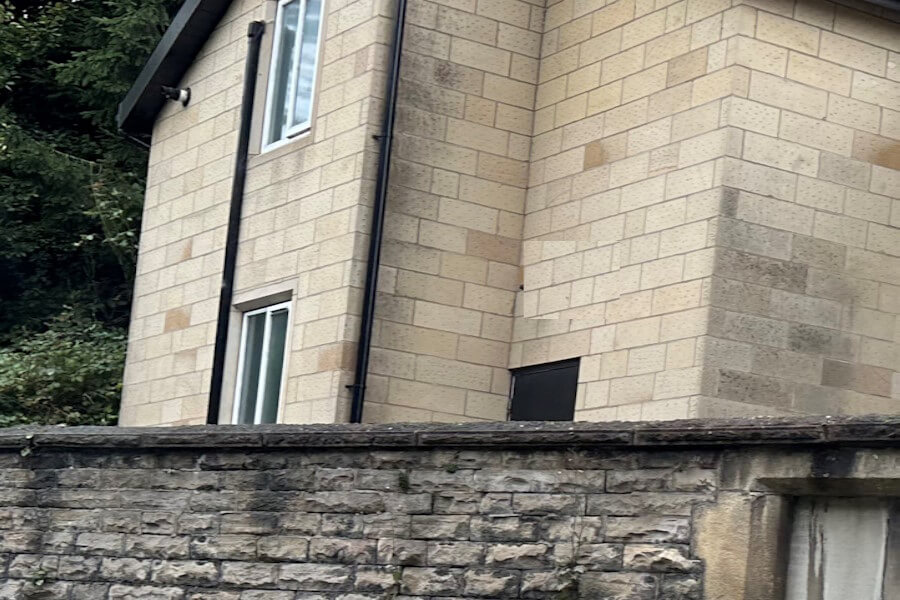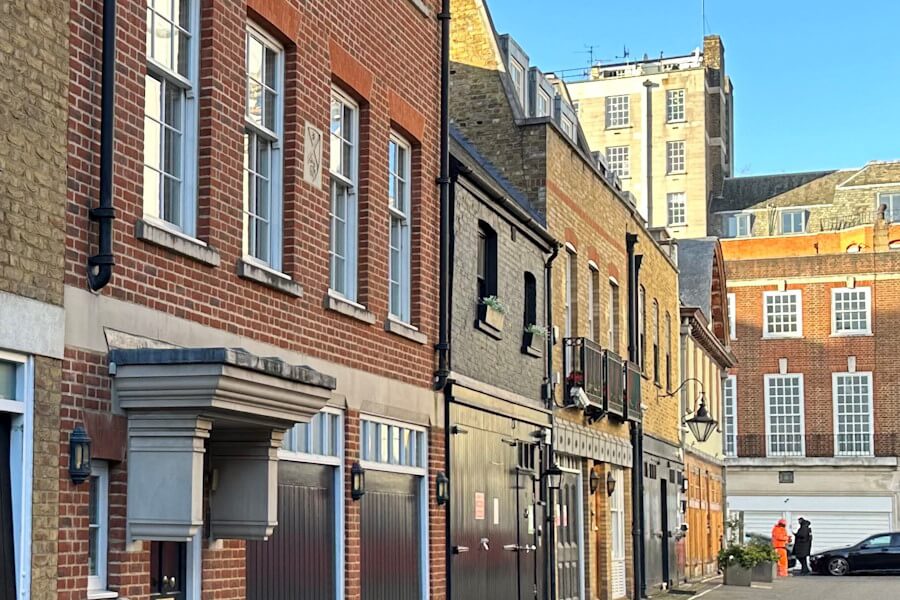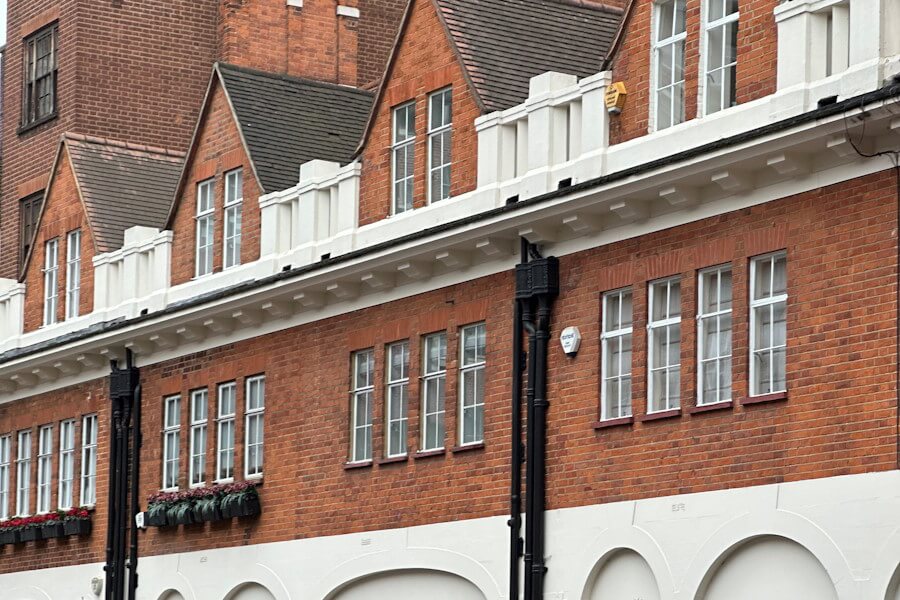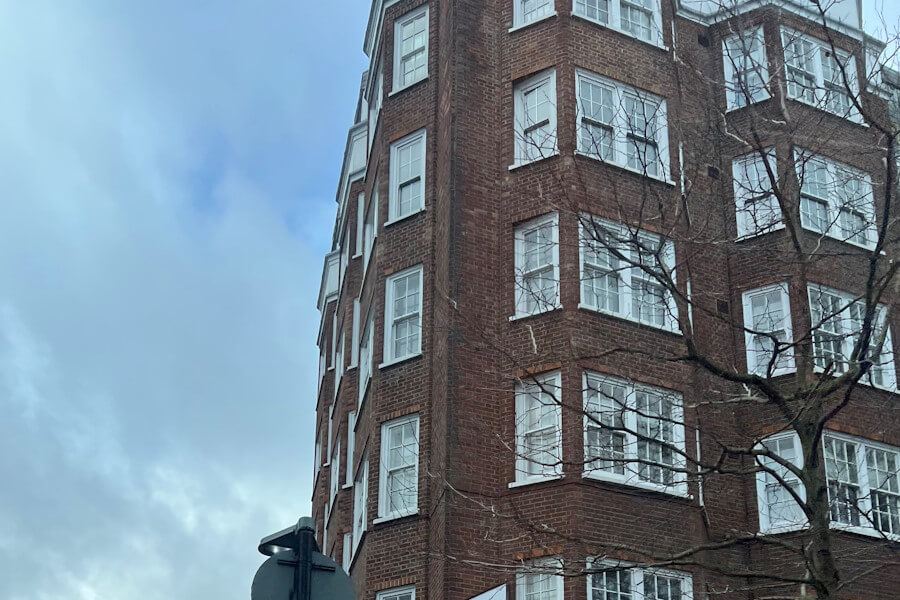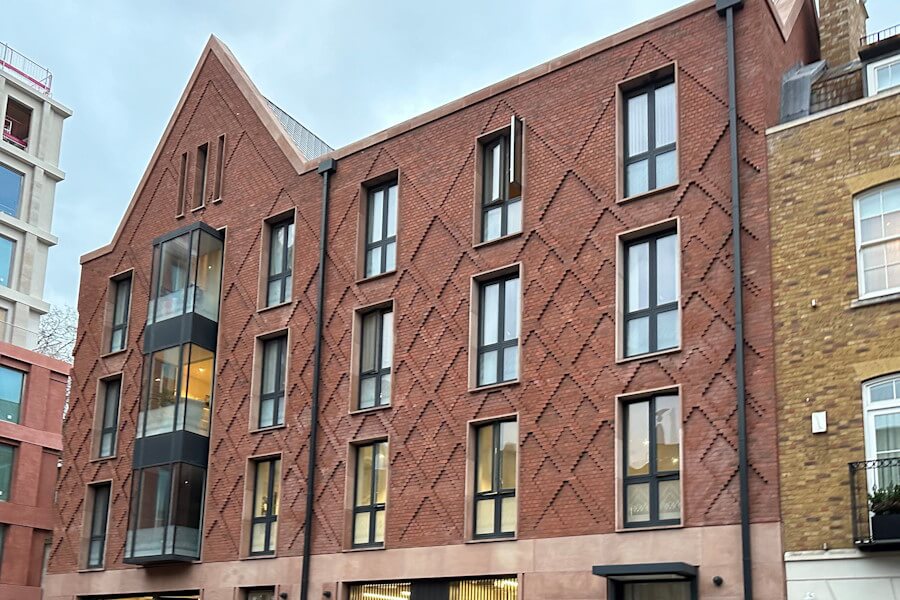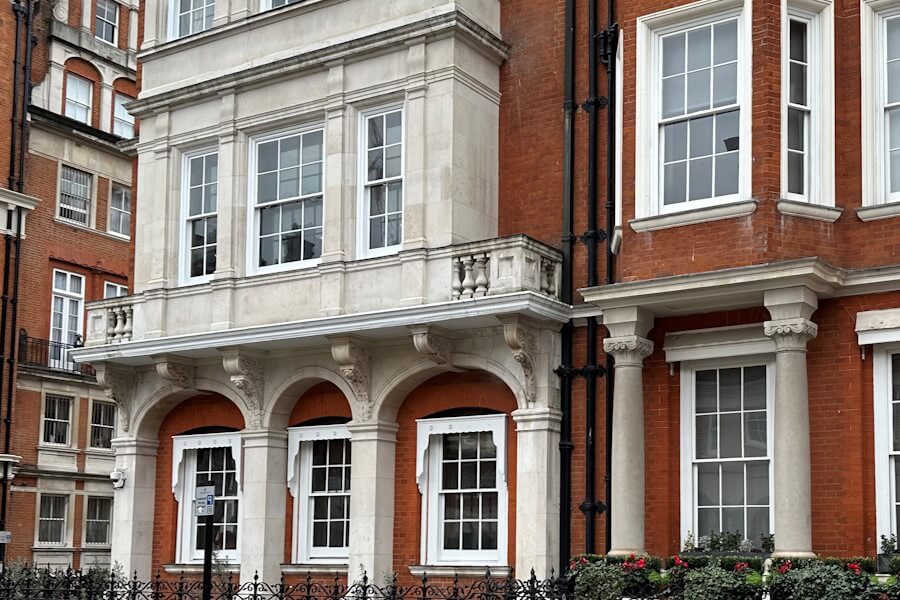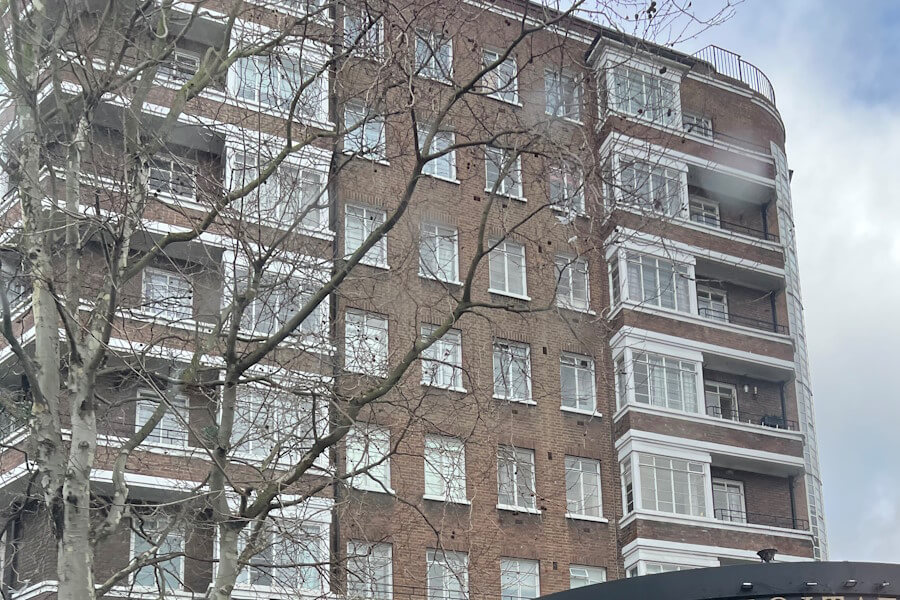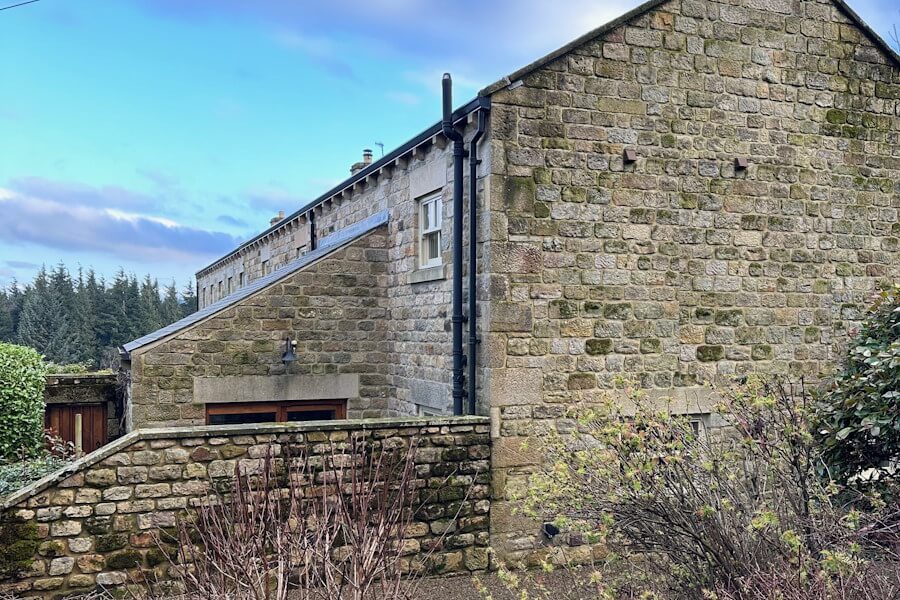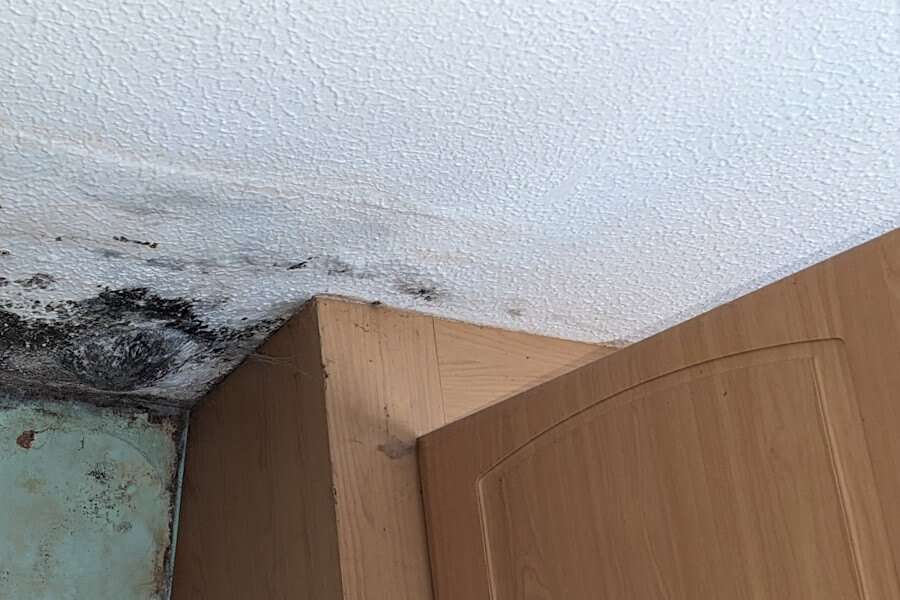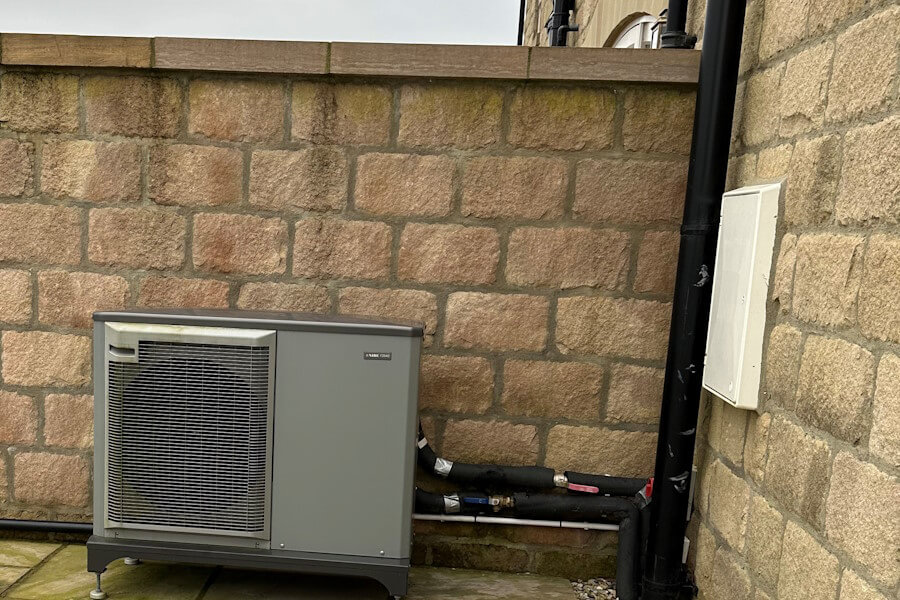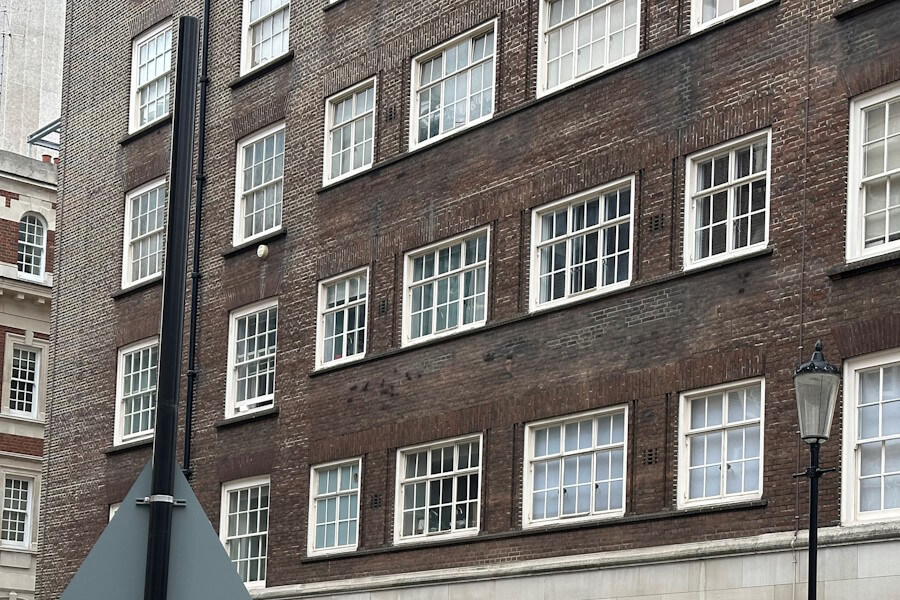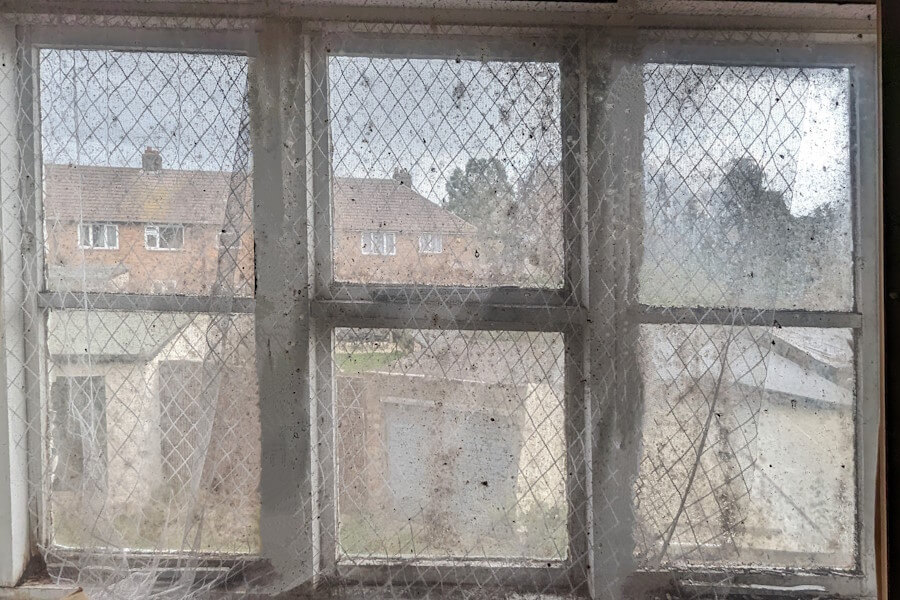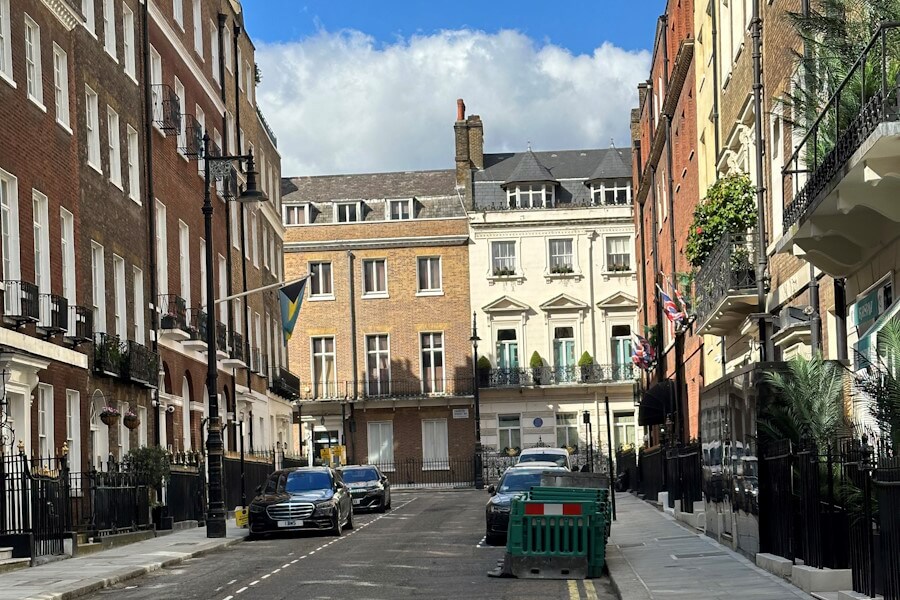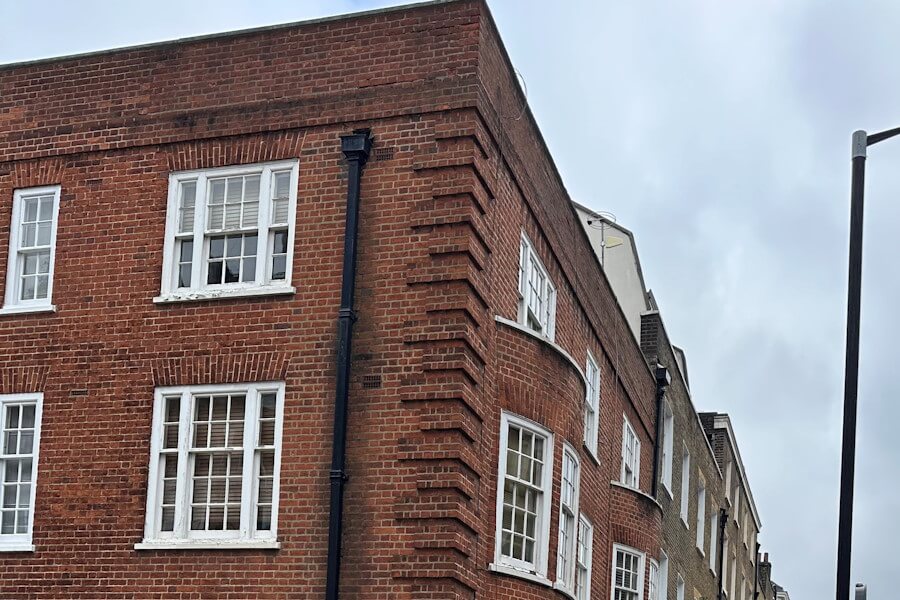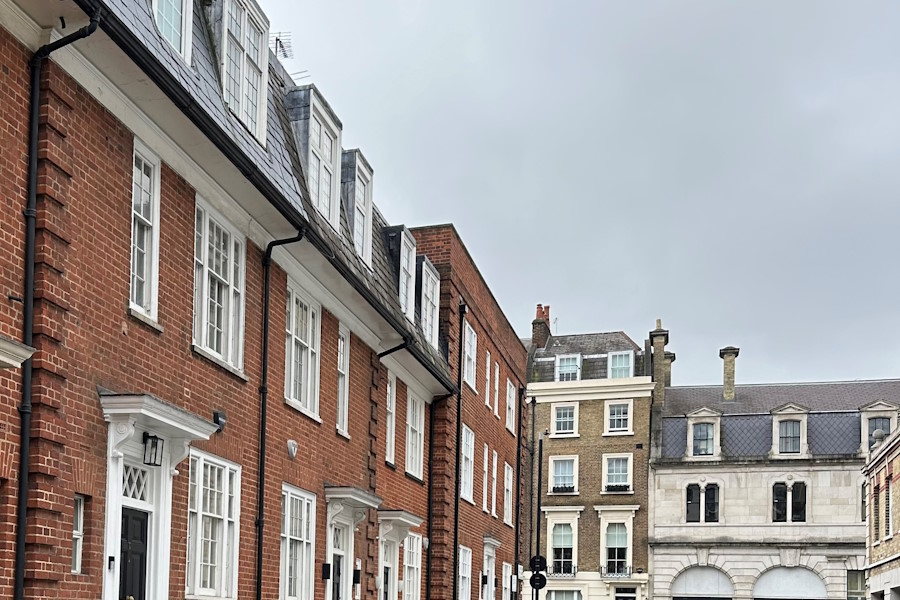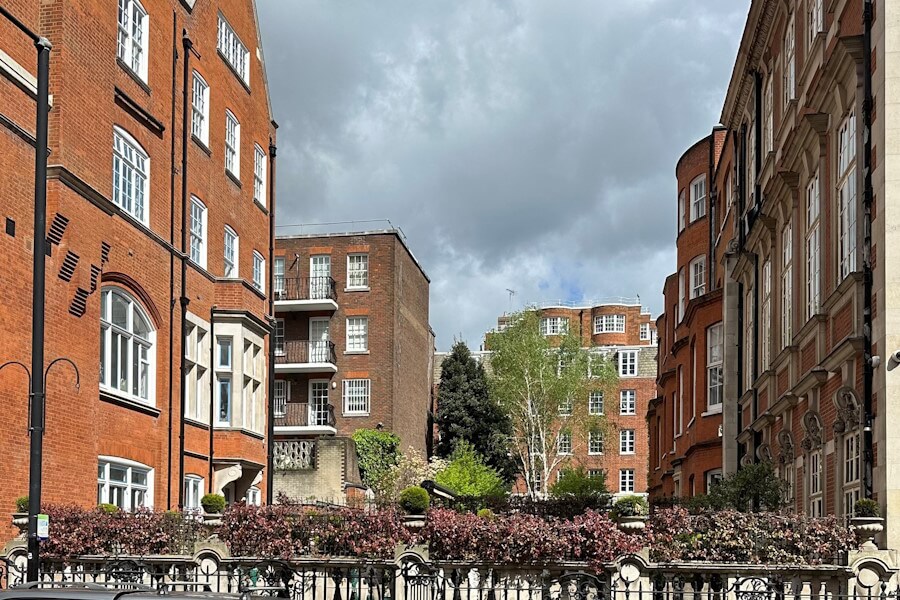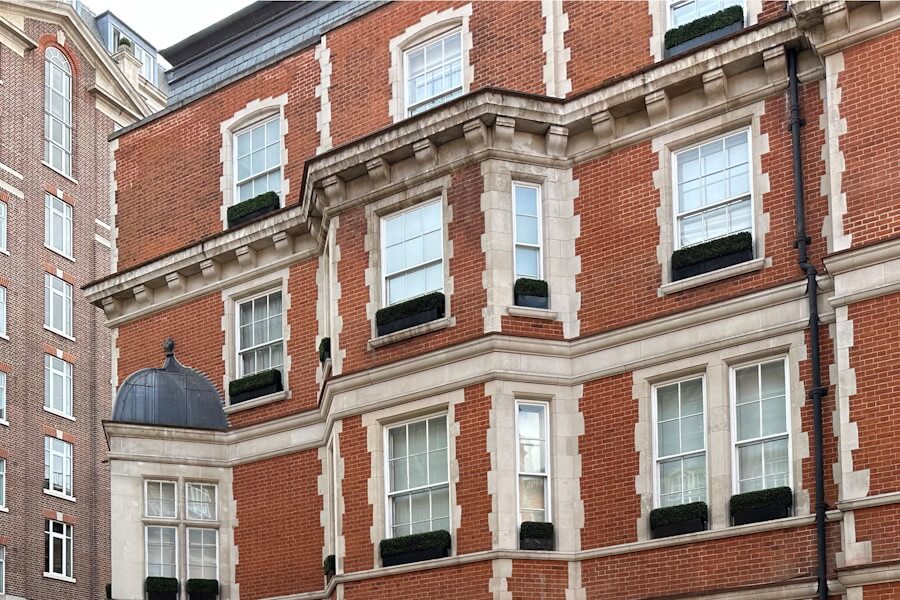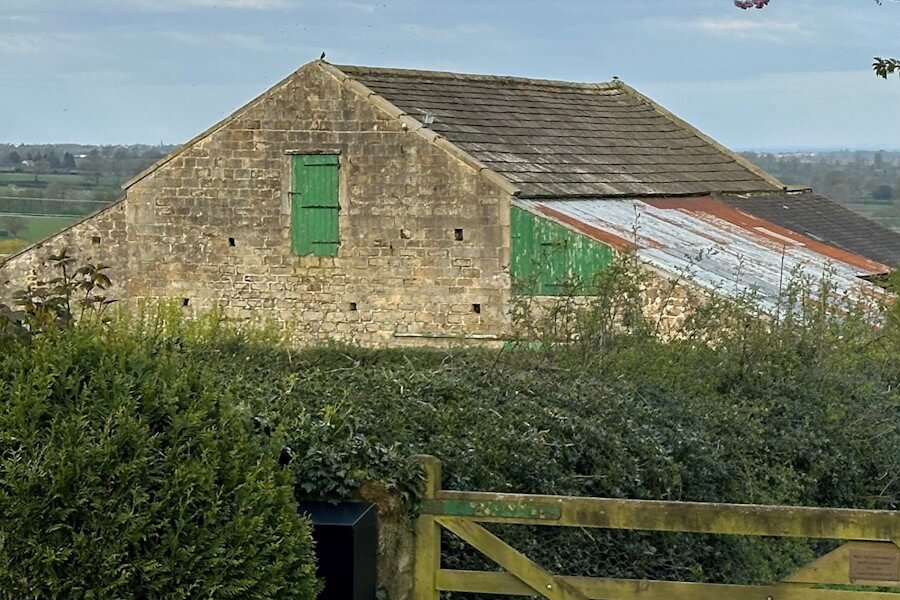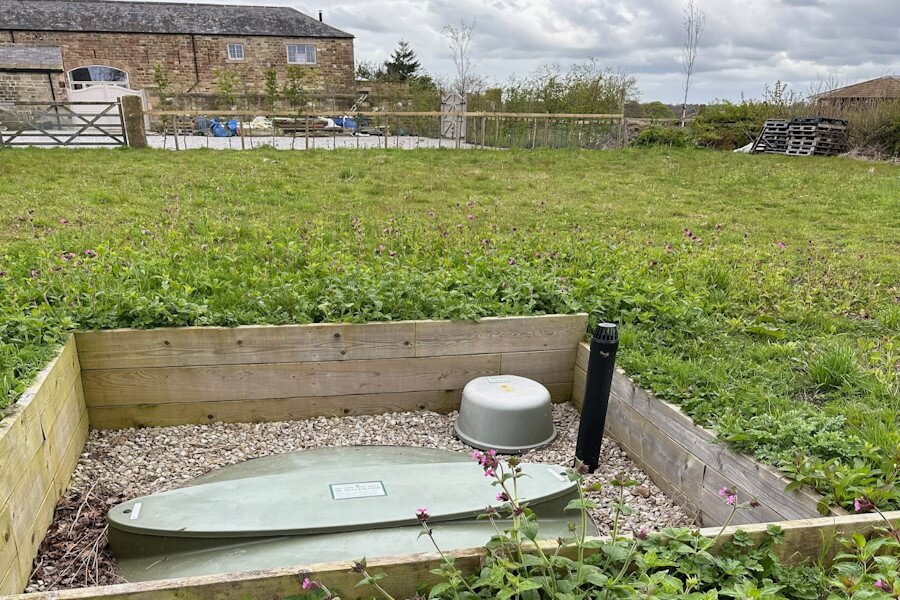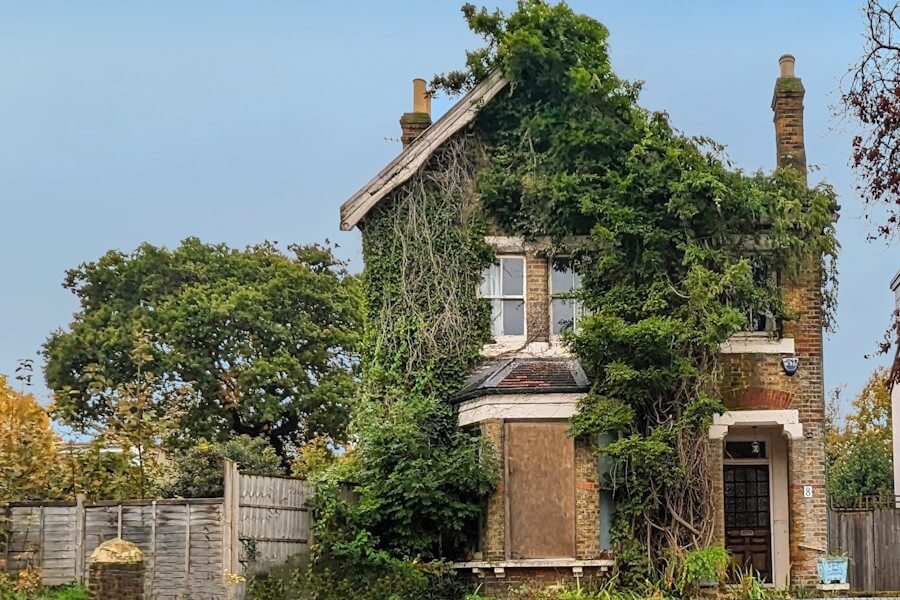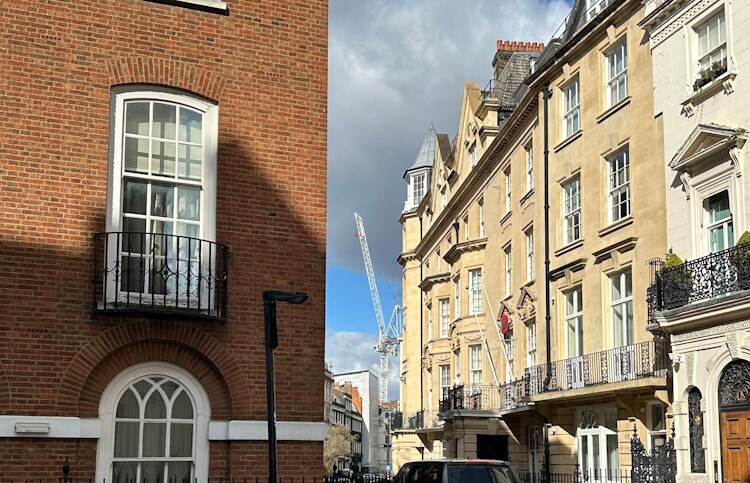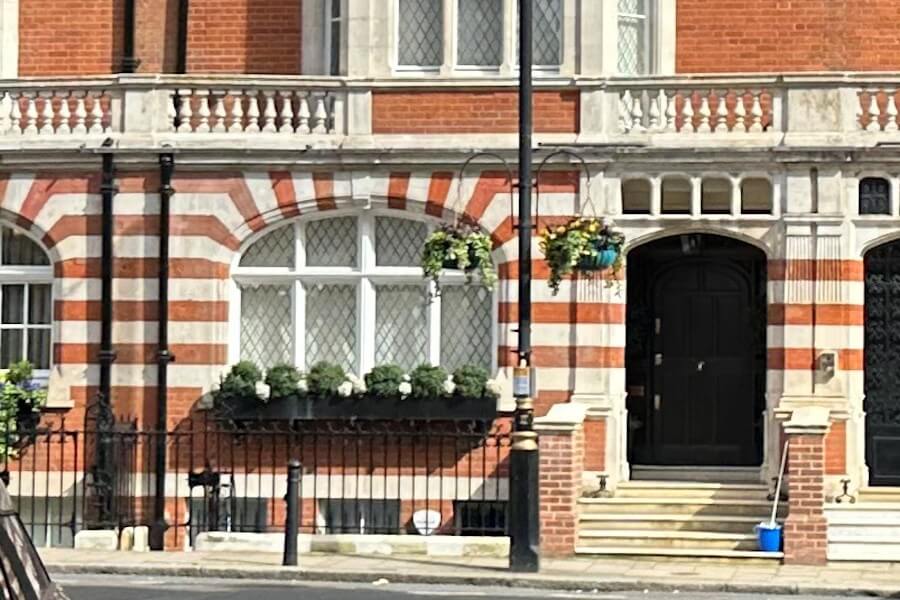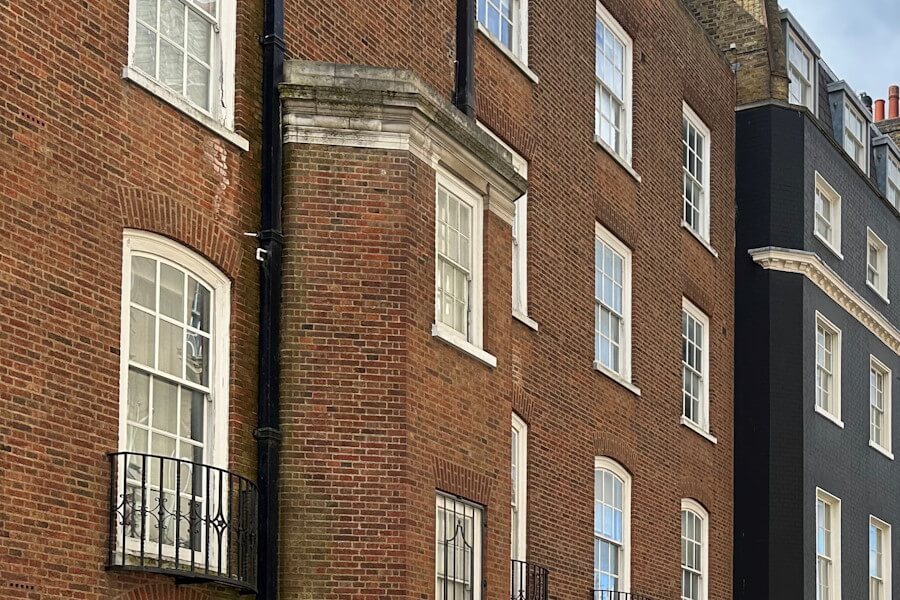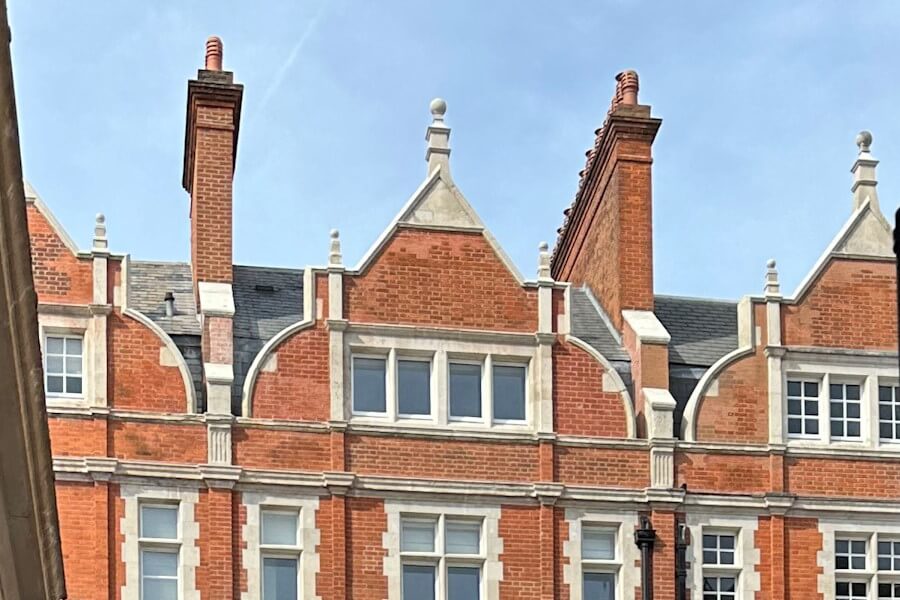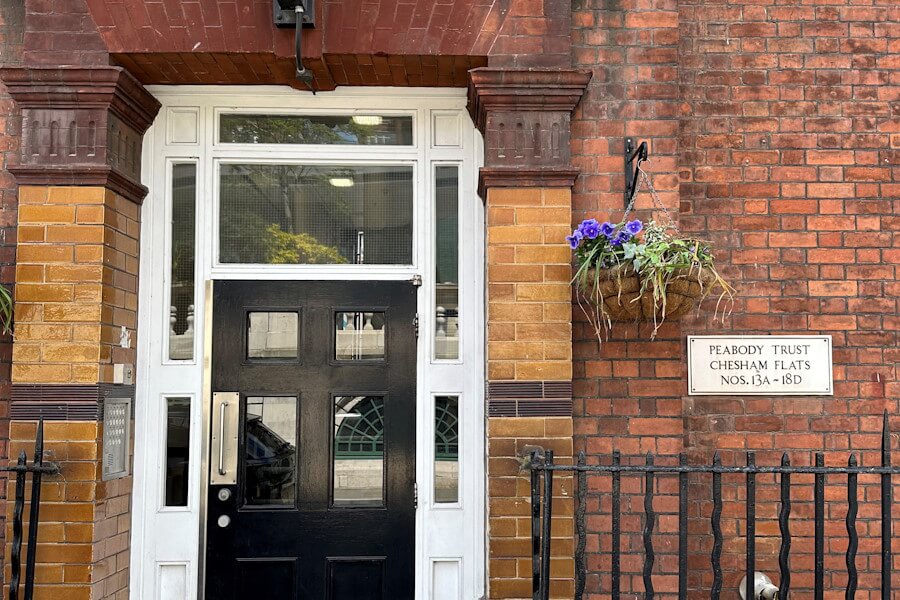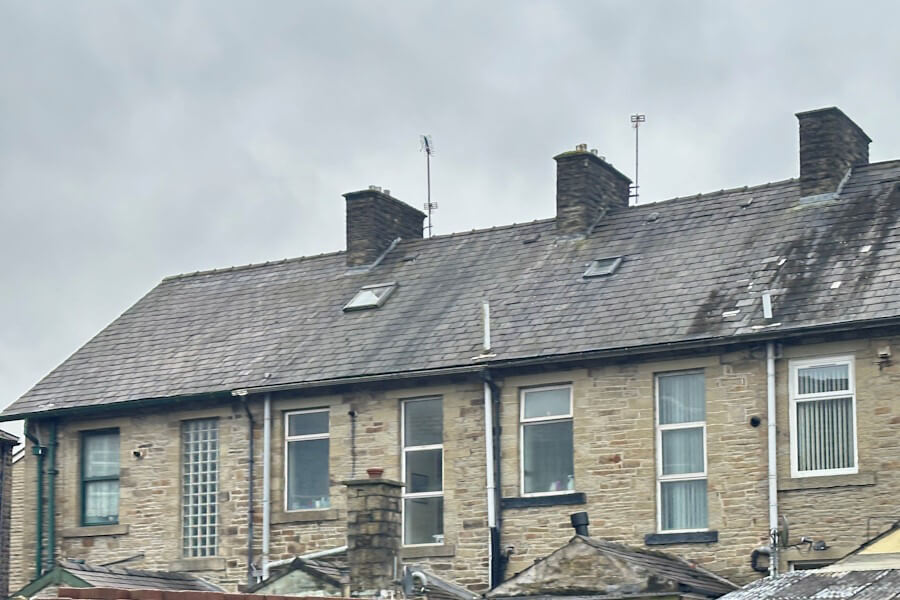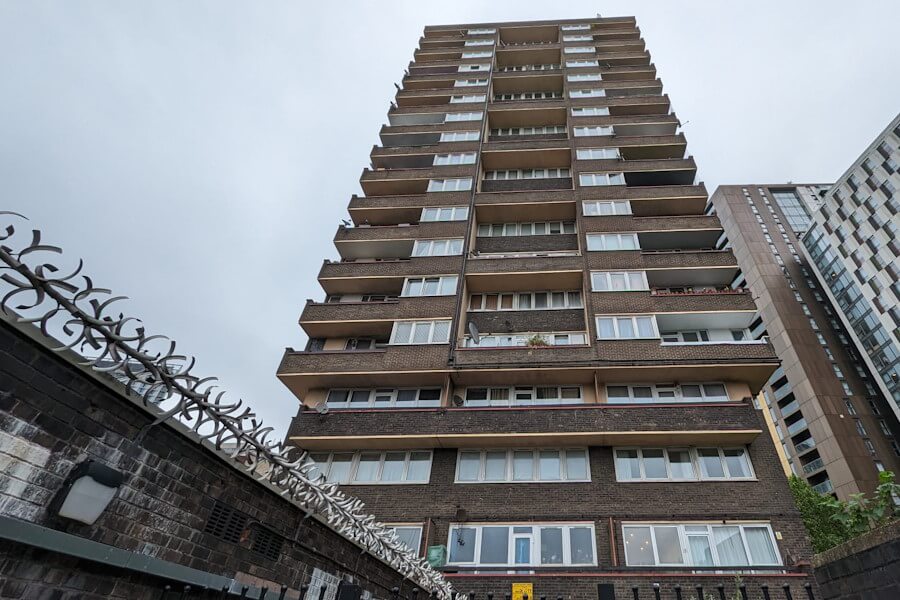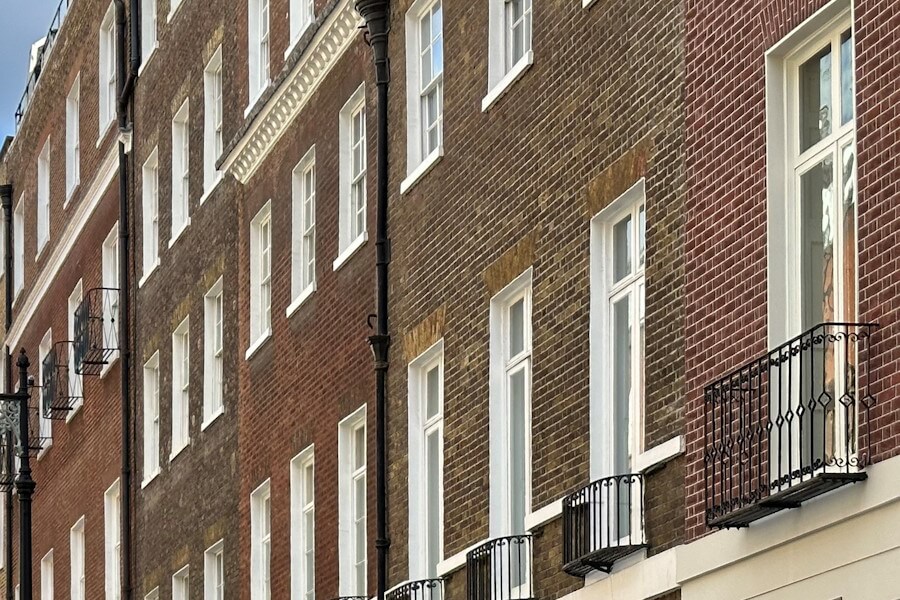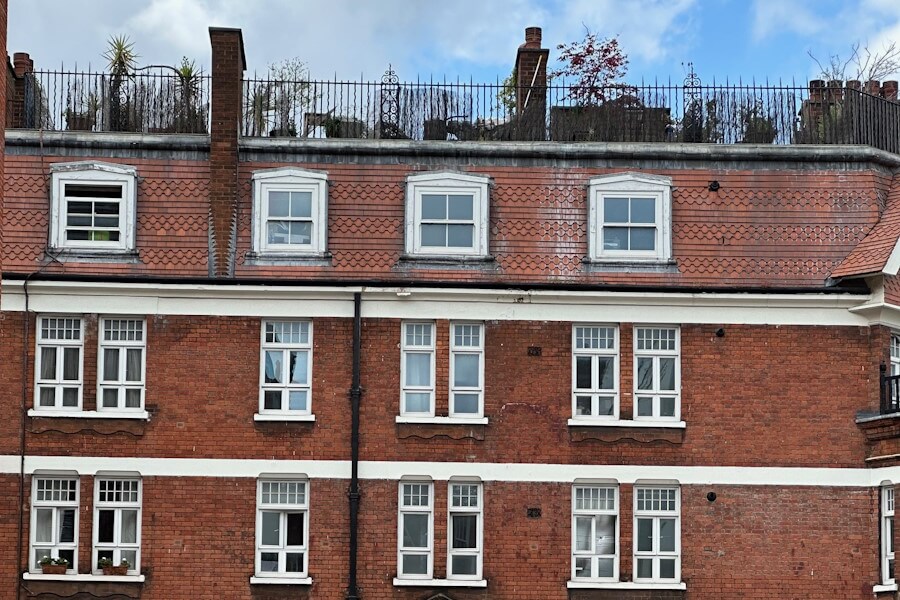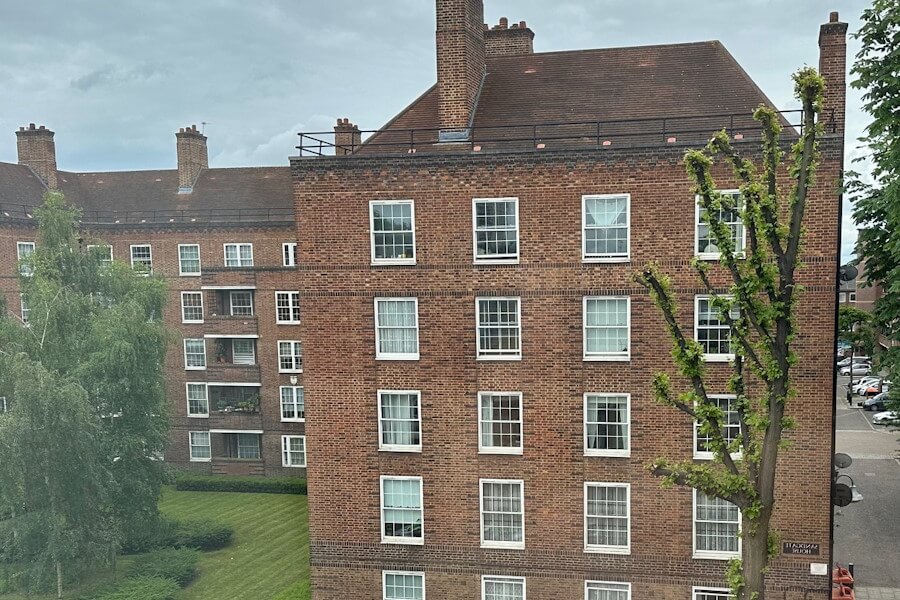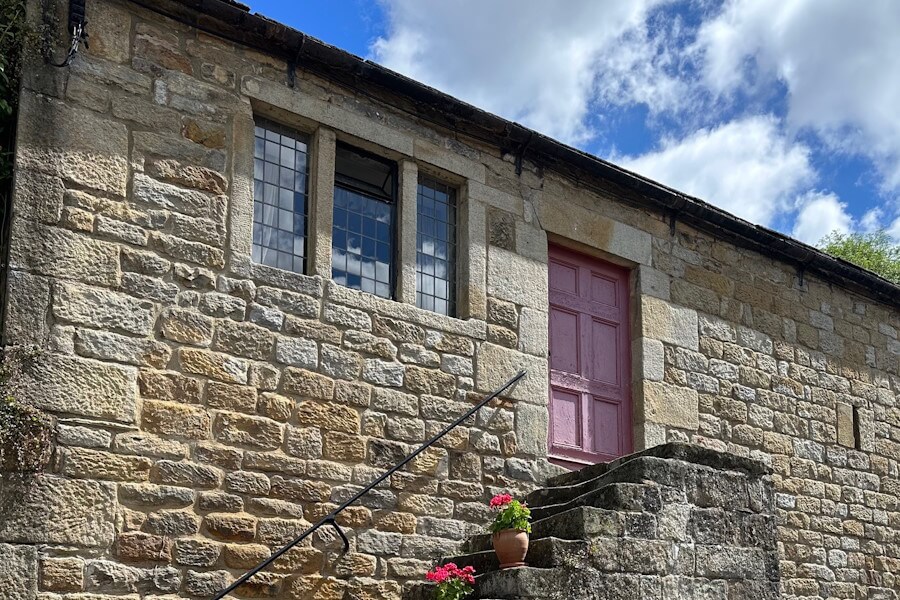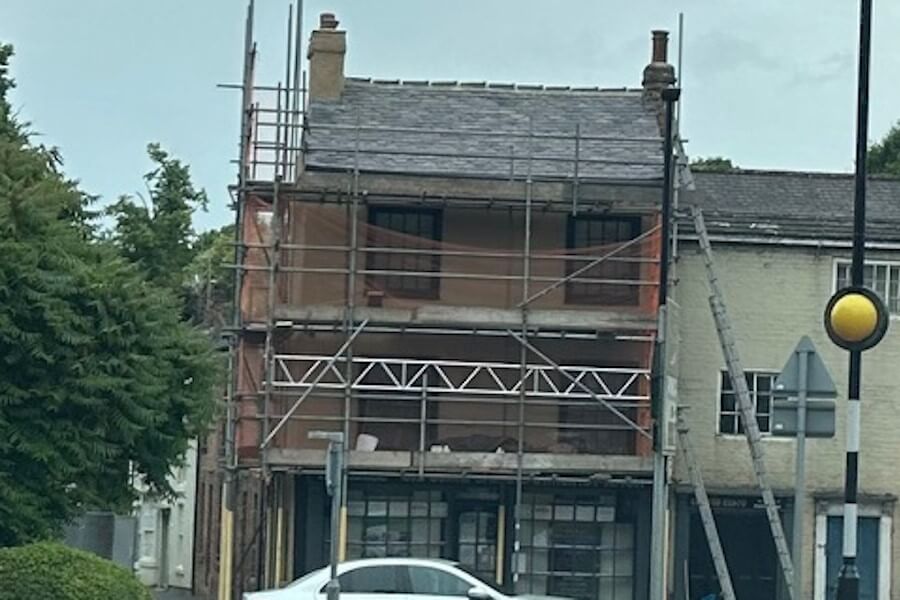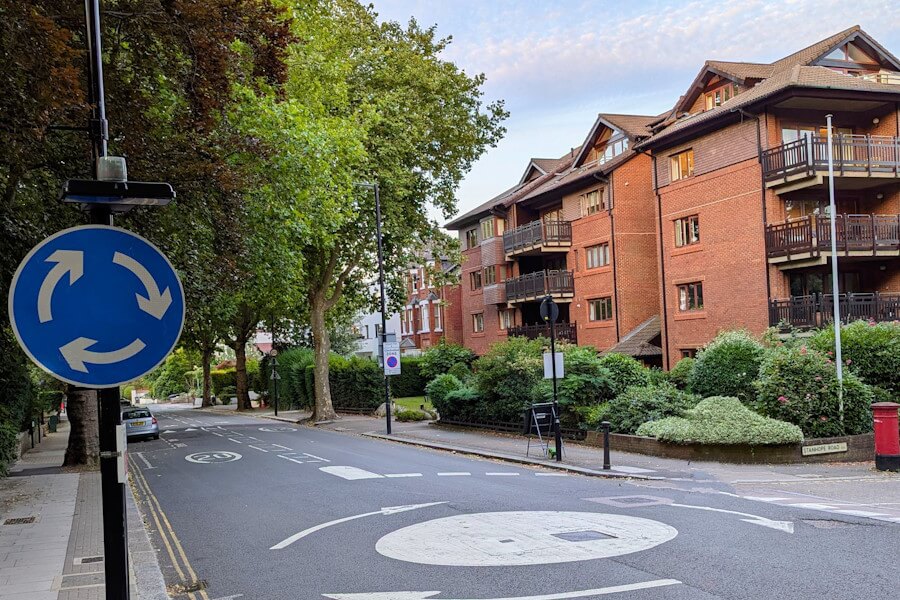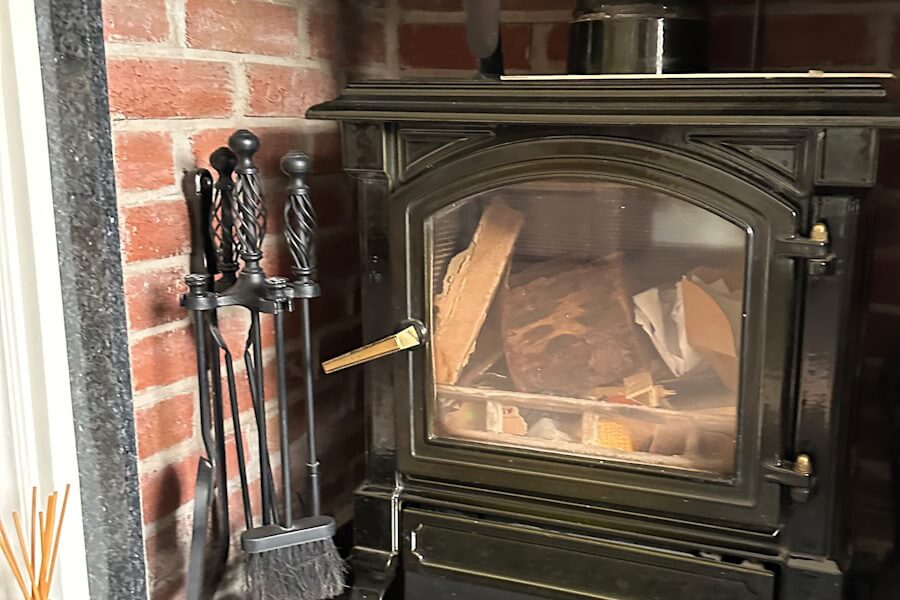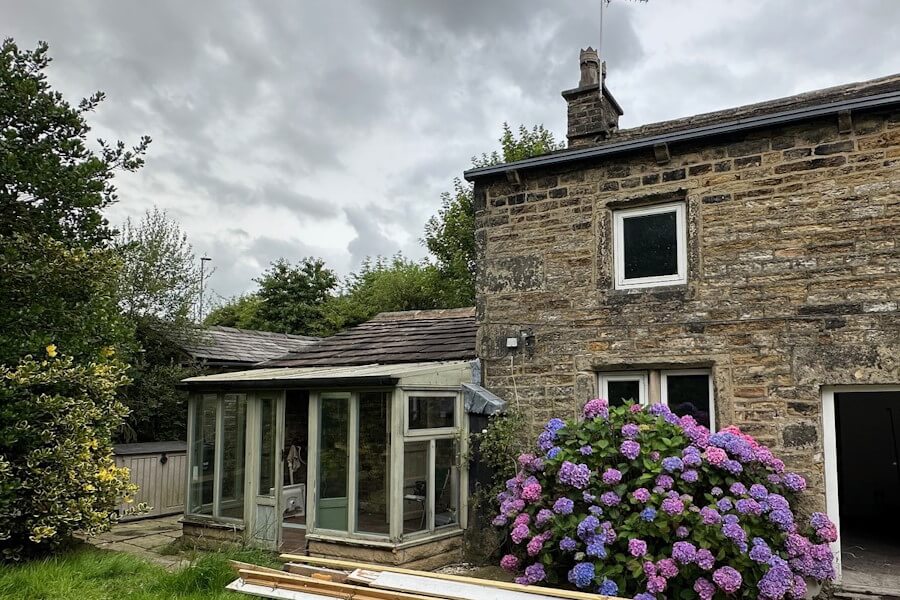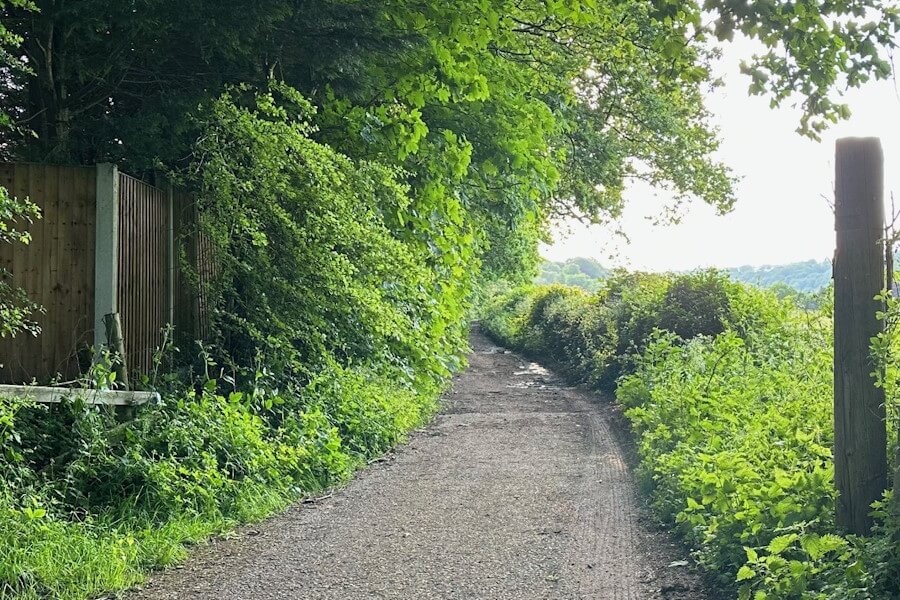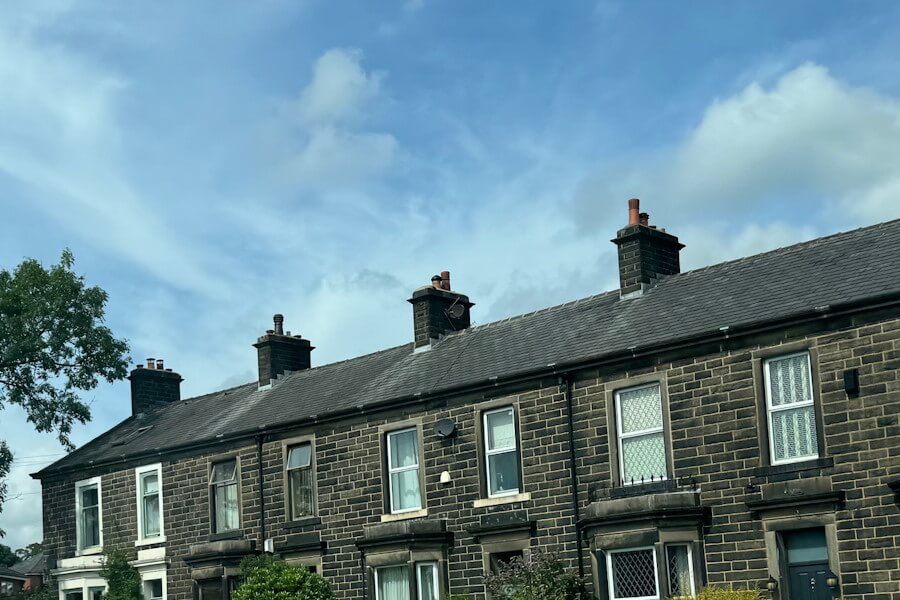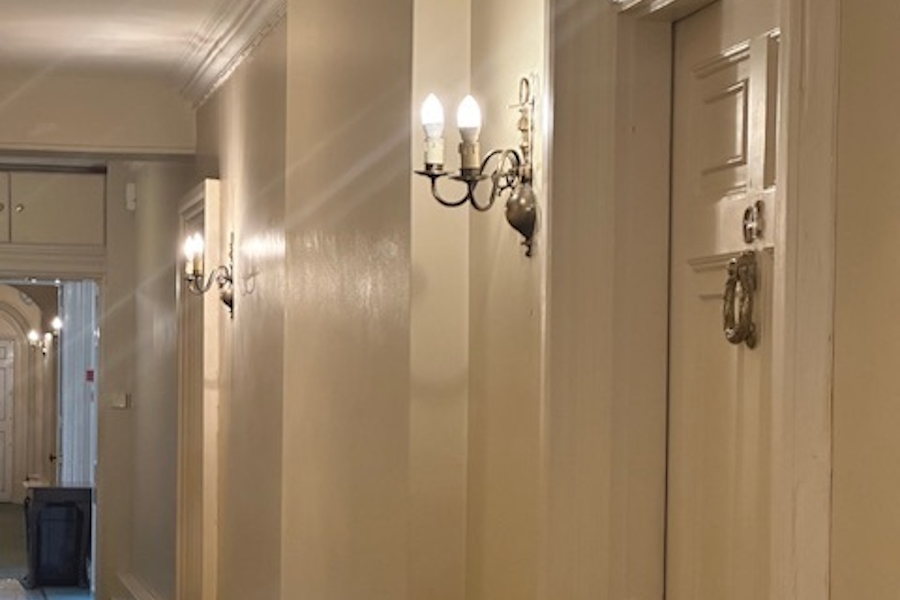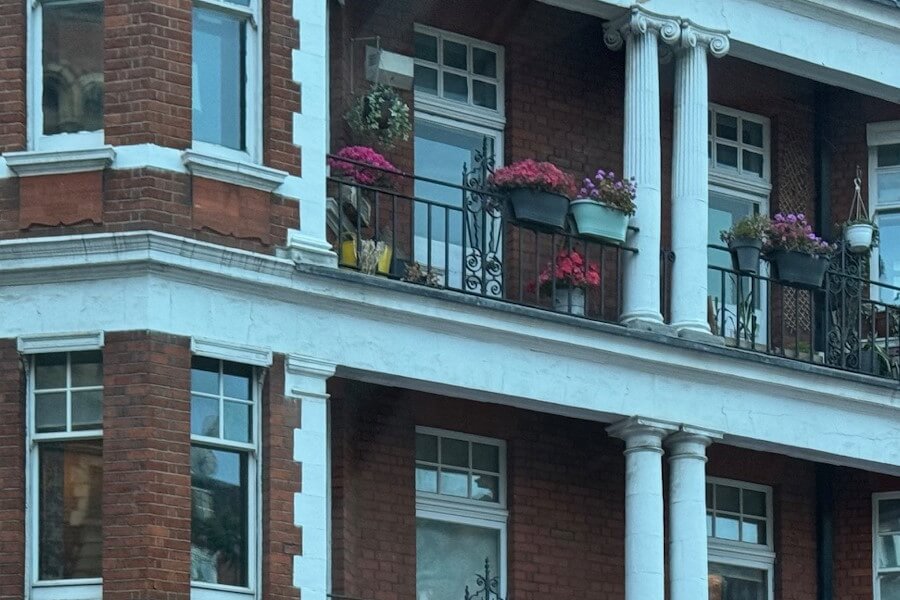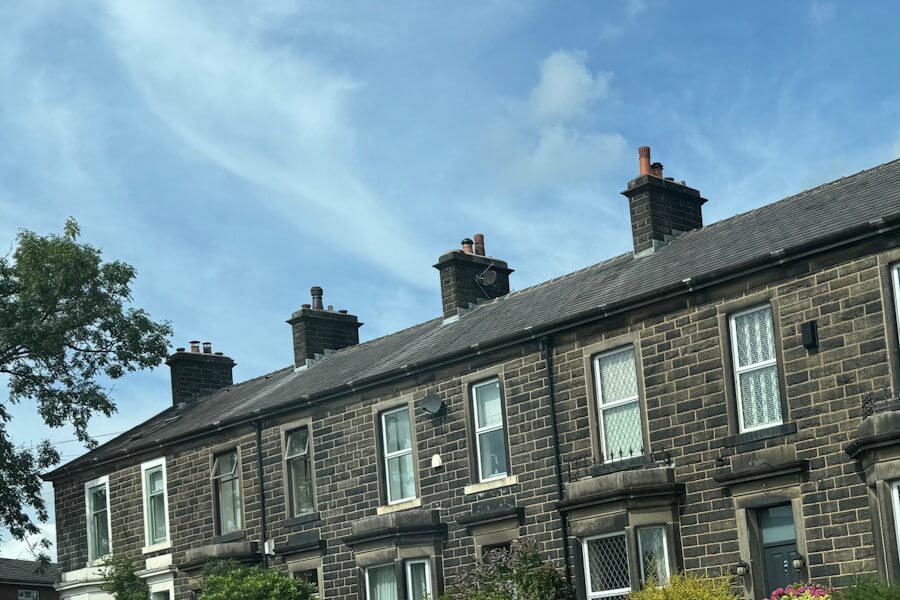Selling Property With A Restrictive Covenant
Read our guide to understand how to prevent restrictive covenants complicating efforts to sell a house or flat.
Call 020 7183 3022 for your FREE sale price estimate
Your top questions when selling property with a restrictive covenant
✅ What are restrictive covenants for leasehold and freehold properties?
Restrictive covenants can apply to houses, flats and other types of leasehold or freehold properties and they are specific conditions that limit how the land or building, or both, can be used. These restrictions can cover a wide range of actions, such as whether you can put a satellite dish on your roof to banning you from using the home for certain purposes.
✅ What are the reasons for imposing a restrictive covenant at a house or flat?
Many modern property estate developers will include restrictive covenants in the legally binding sale documents so that new owners cannot do anything that would change the overall design of the estate. But you’ll also find restrictive covenants on very specific issues at much older homes, and the precise terms of these limitations will vary from property to property.
✅ How can I find out if my home has a restrictive covenant?
The UK government’s non-ministerial division HM Land Registry keeps a database of all the properties in England and Wales that have restrictive covenants, but you’ll need to take further steps to find out the terms of the restriction. Alternatively, you could look in the title deeds or other documents from when you bought the home to see if the conditions are detailed there.
✅ What happens if I breach my restrictive covenant before trying to sell my home?
You could face legal action from the person or entity that is responsible for ensuring the restrictive covenant is enforced, and this can result in penalties that may include you having to spend time and money on undoing whatever work you did that violated the terms of the restrictive covenant, or having to pay large fines, or even both negative outcomes.
✅ Is it possible to get a restrictive covenant removed from a property?
Yes, and the simplest way to do this is by approaching whoever oversees the restrictive covenant and asking if they would be willing to end the limitation. Alternatively, you could escalate the issue by filing a challenge to the restrictive covenant in a government tribunal, but this can take a lot of money and time and there is no guarantee that you will win.
✅ What is the quickest option for selling a home with a restrictive covenant?
You should contact a legitimate quick buyer like LDN Properties, because they have experience with buying homes that have restrictive covenants and they could complete the purchase of your property within weeks. If you decide instead to sell on your own, through an auction or with an estate agent, then these methods will all take at least several months on average.
✅ What fees will I have to pay when selling my property with a restrictive covenant?
Selling to an honest zero-commission quick home buyer such as LDN Properties is the best way to avoid any fees when trying to find a buyer. You also won’t pay fees when selling without any assistance, but this is a very stressful option. Selling via an auction or estate agent both include fees and these will be subtracted immediately from the eventual property sale proceeds.
Latest guides
We’re rated as Excellent
Reviews.co.uk provide independent reviews from other people just like you!
"Successfully sold two properties direct to LDN Properties in the last two years. Genuine and trustworthy people and the dealings were straightforward." – Thomas from London

LDN Properties Limited, Linen Hall, 162 Regent St. London W1B 5TD
Company No. 04636129. ICO No. Z7733416. Ombudsman No. D12463.
Copyright 2003 to 2024
